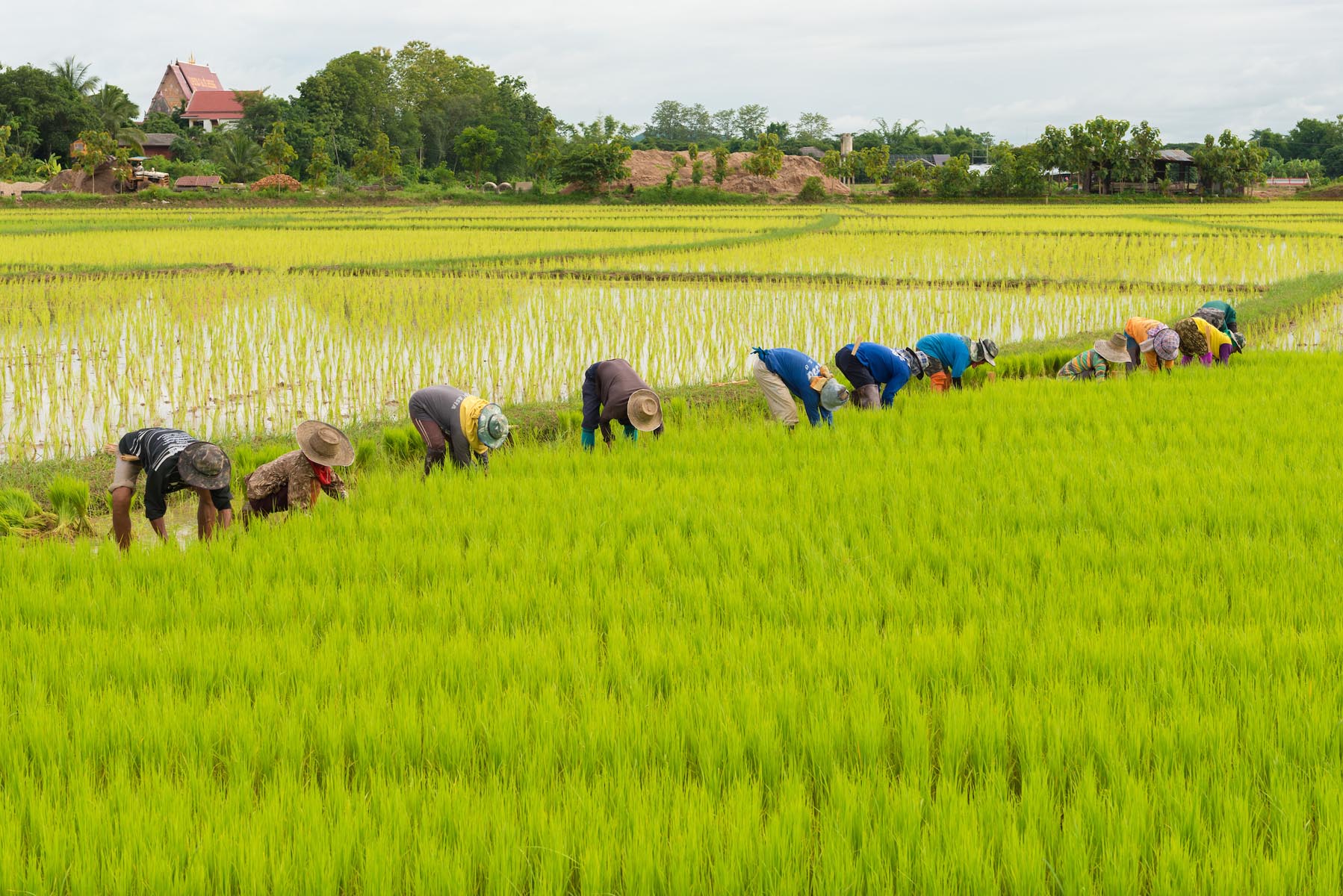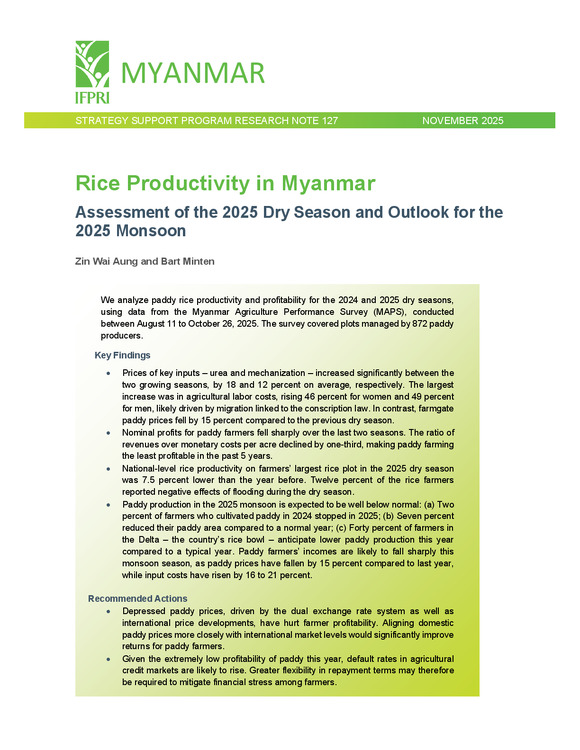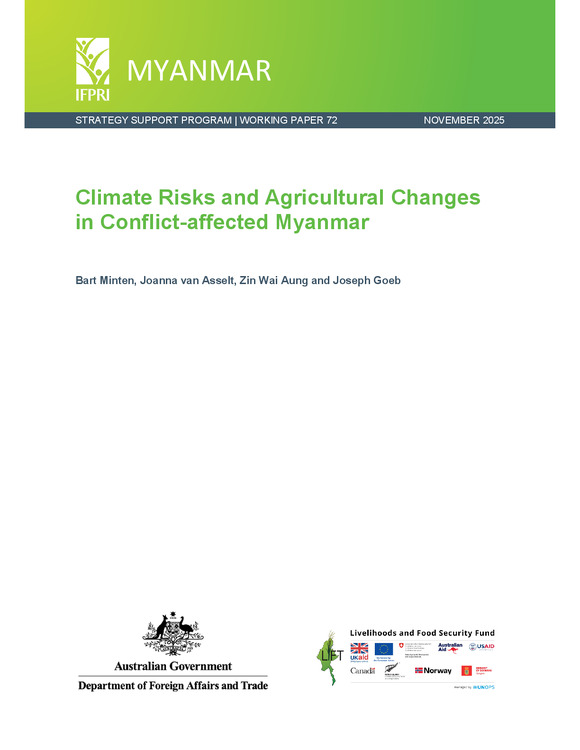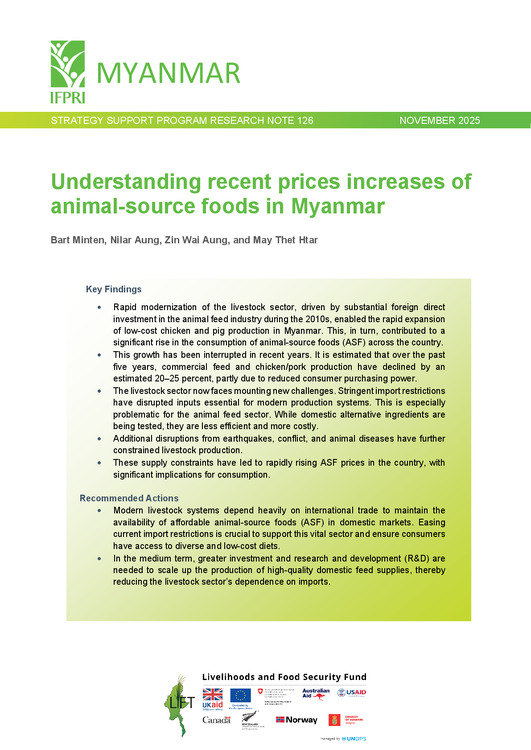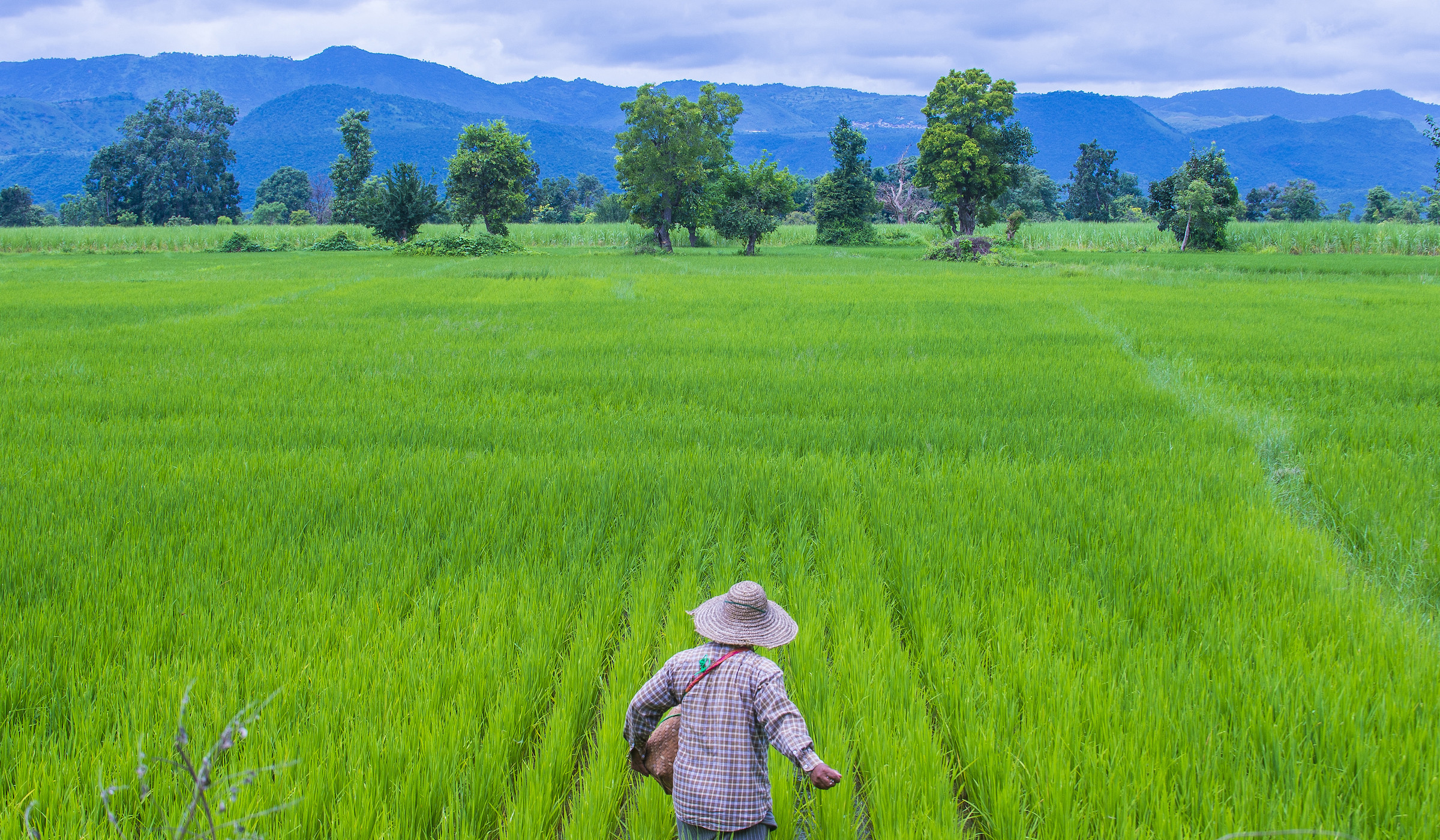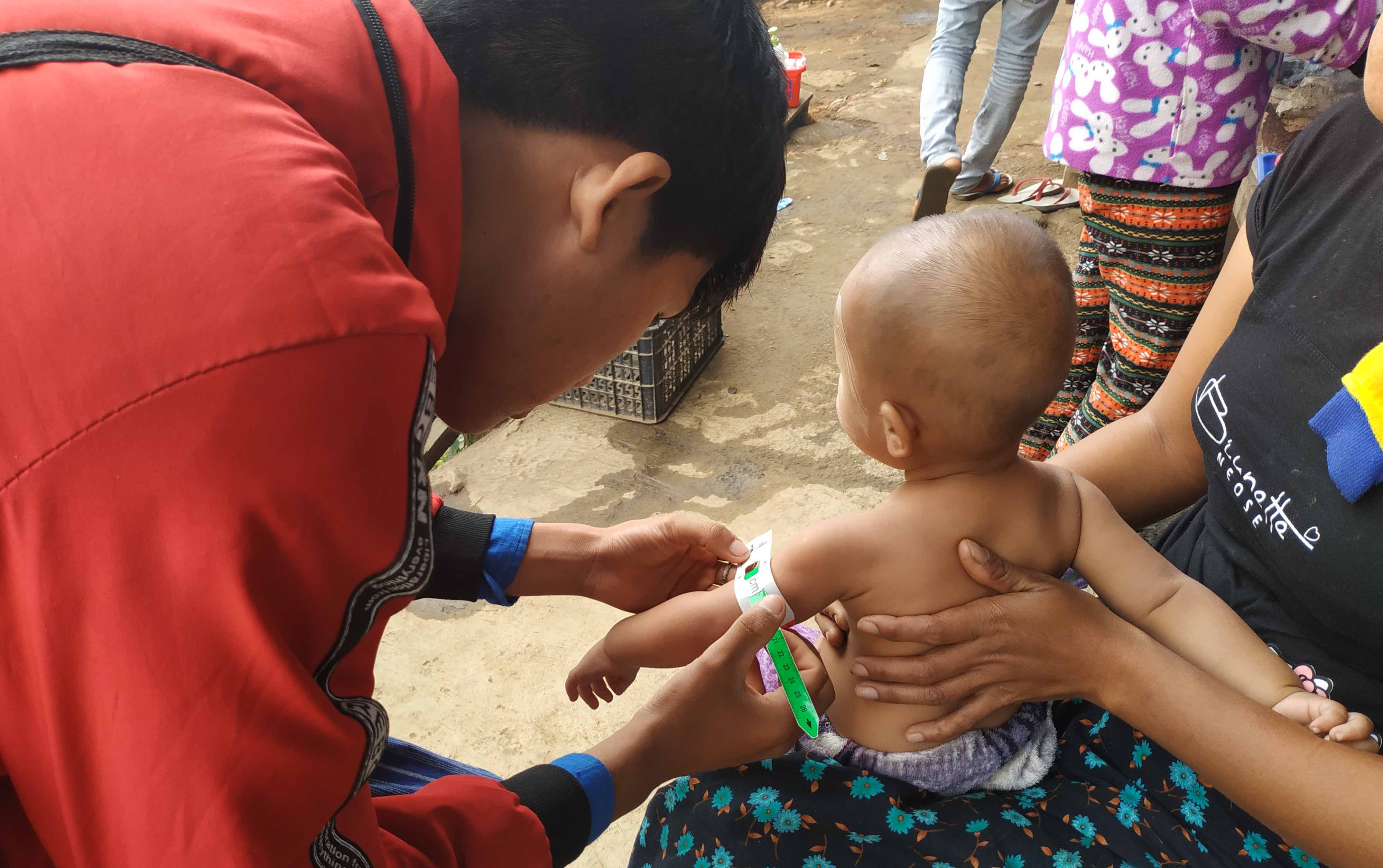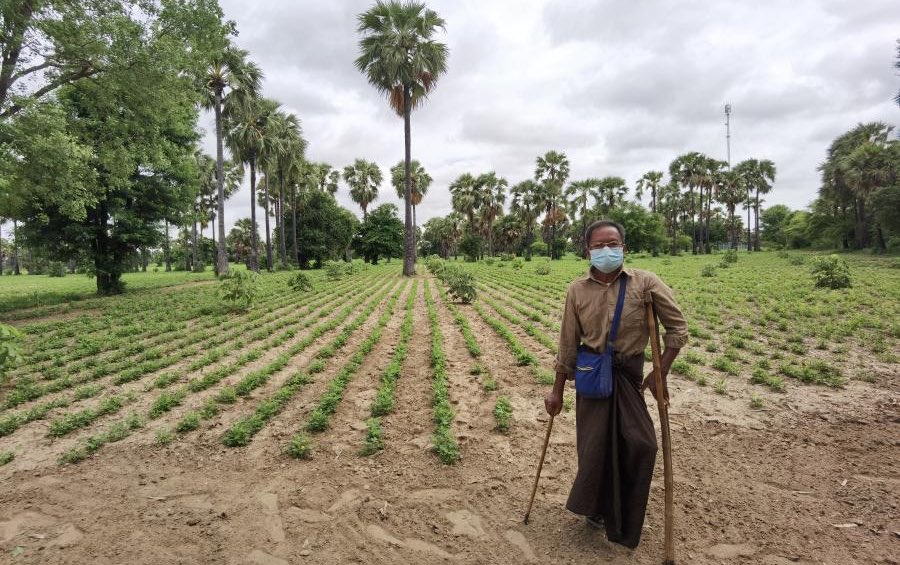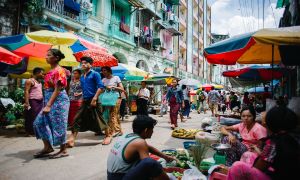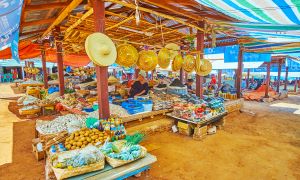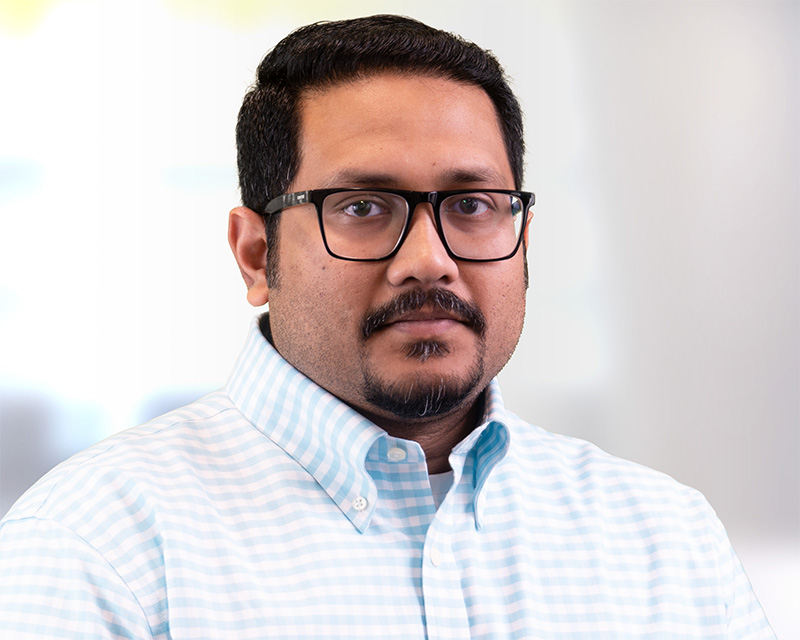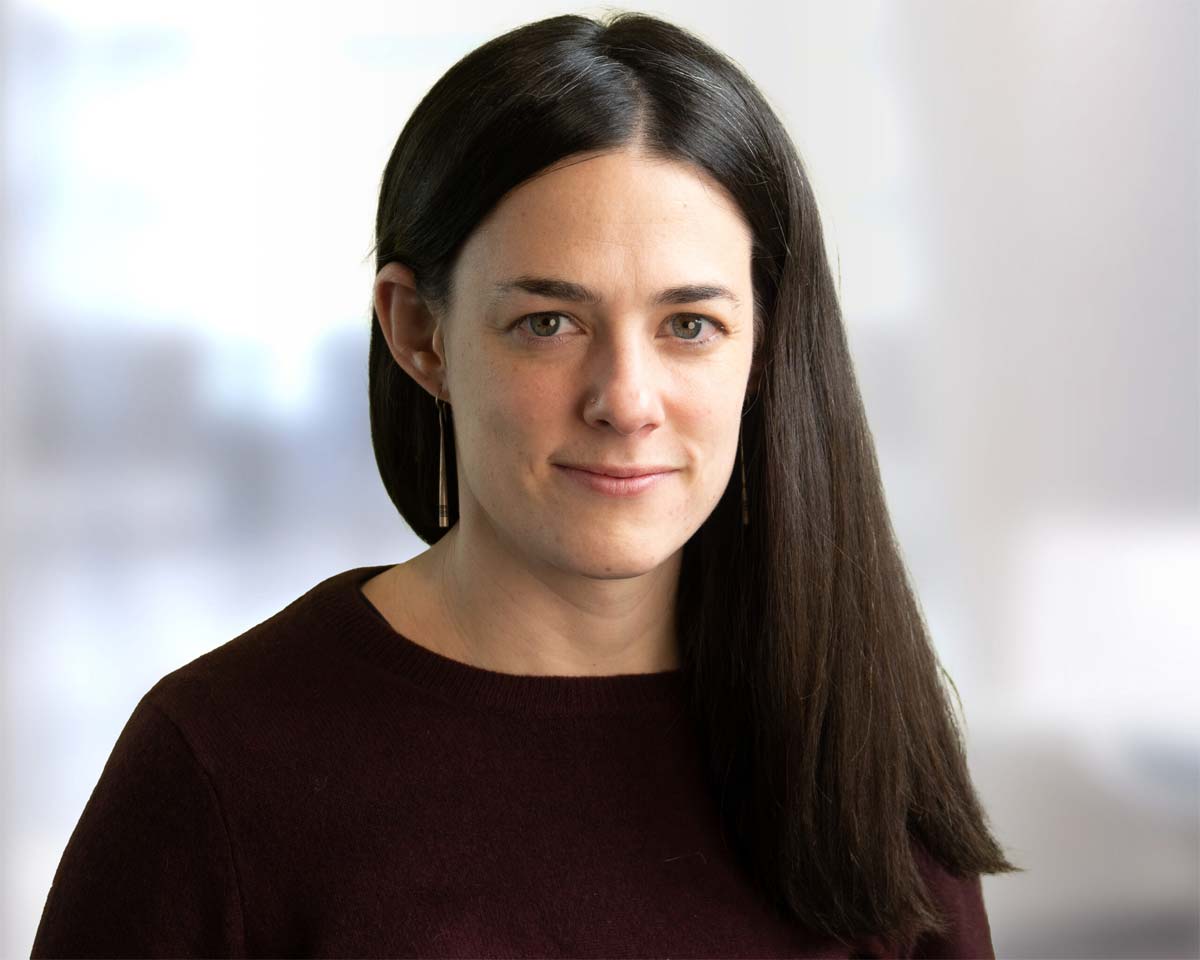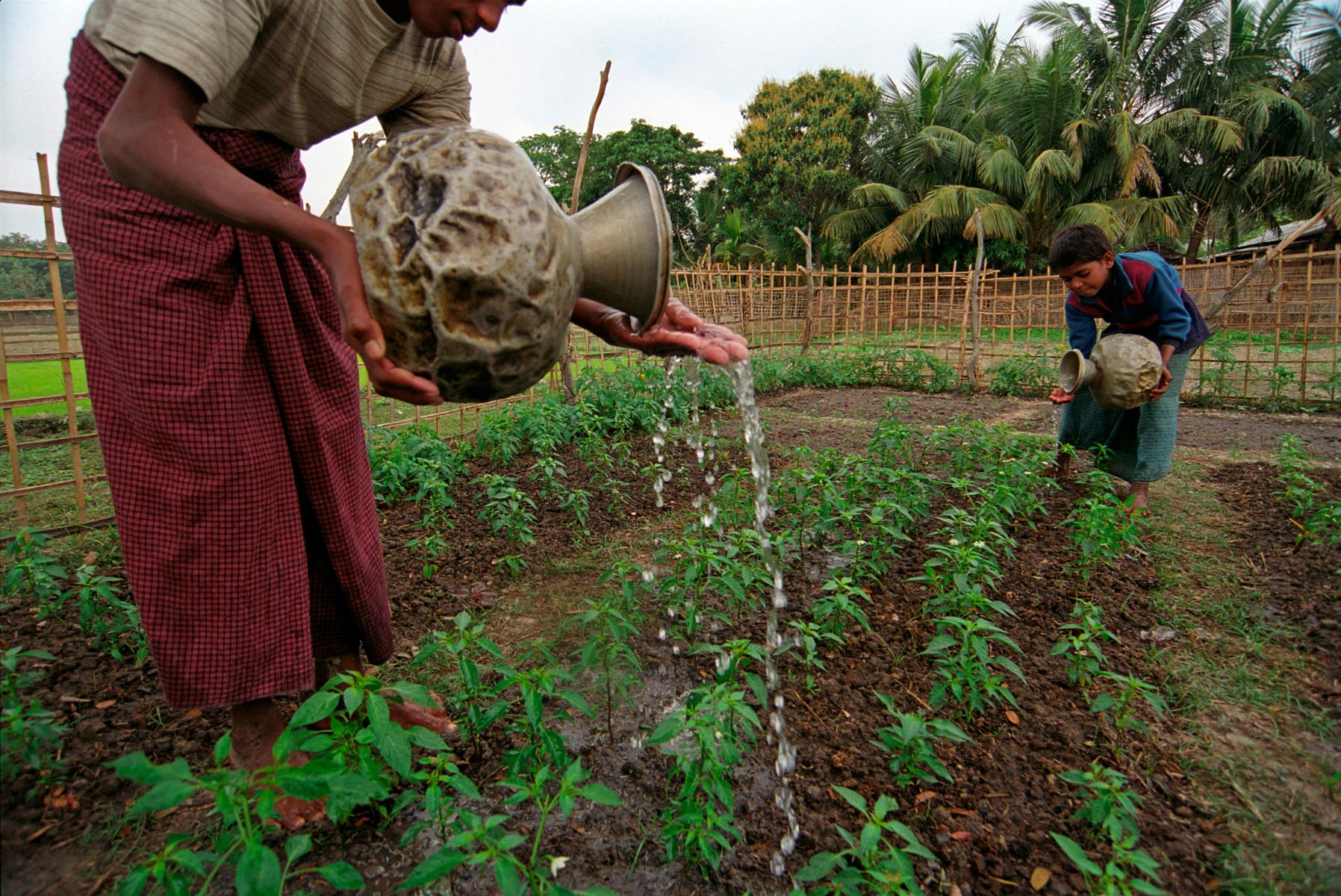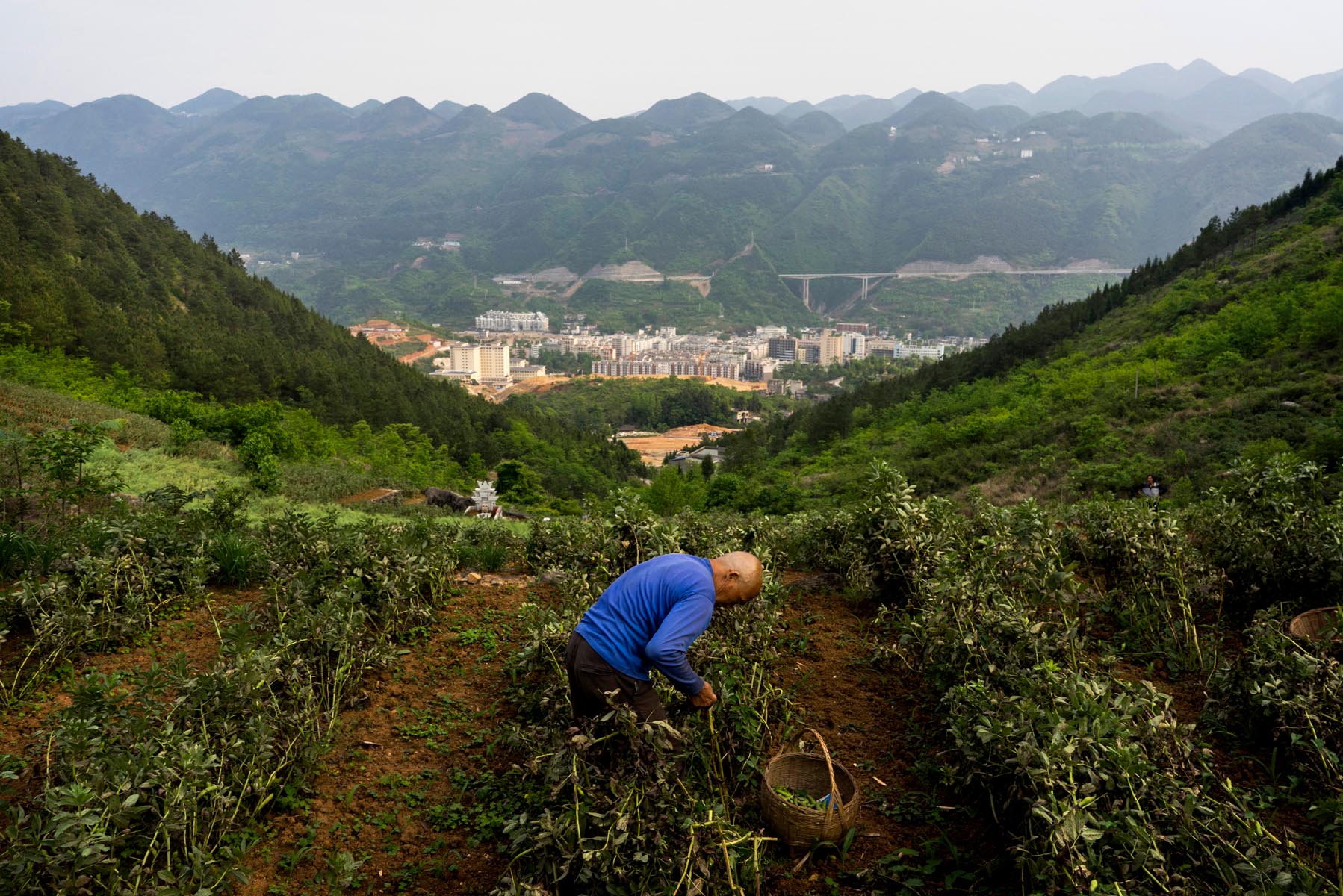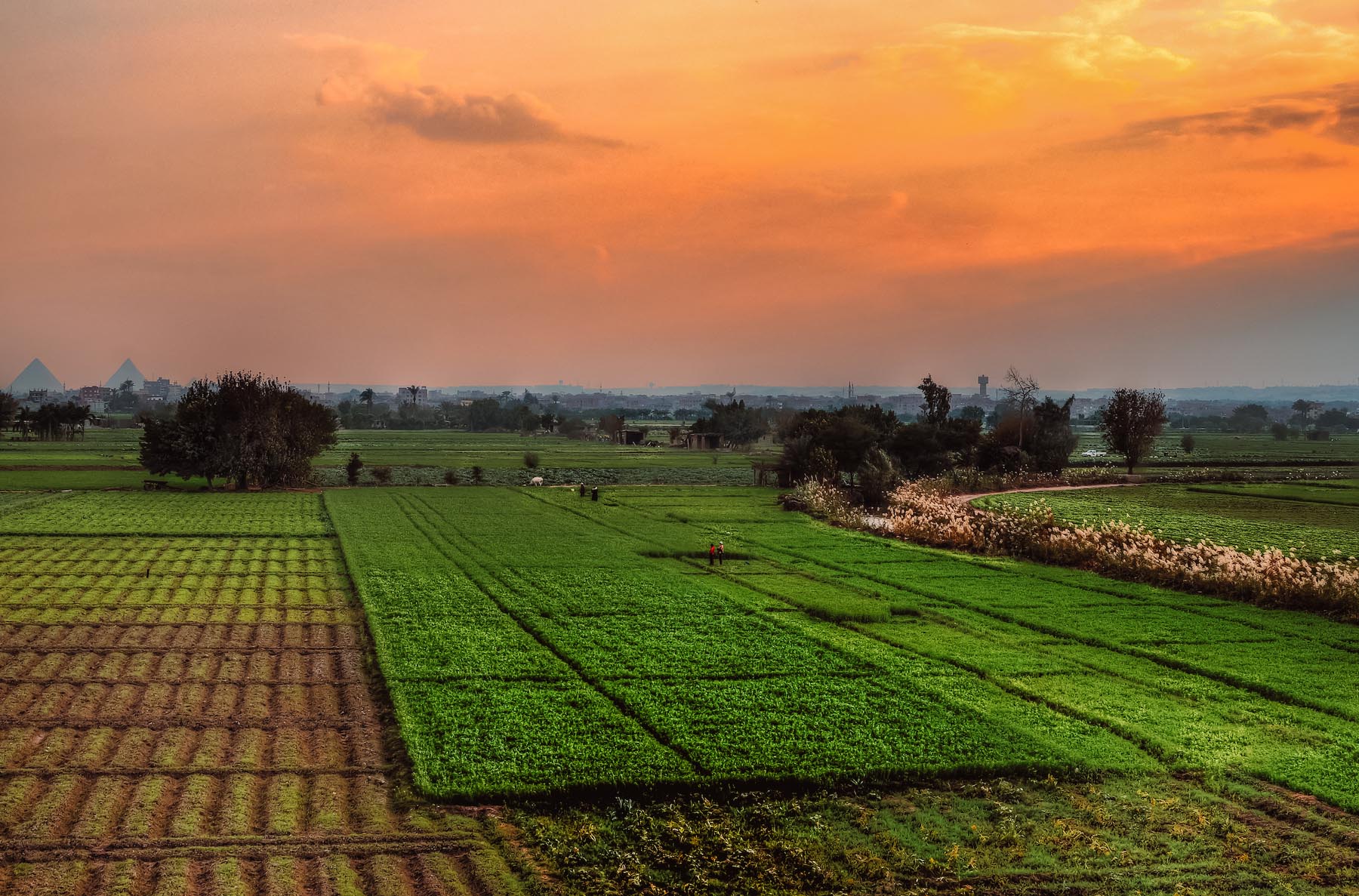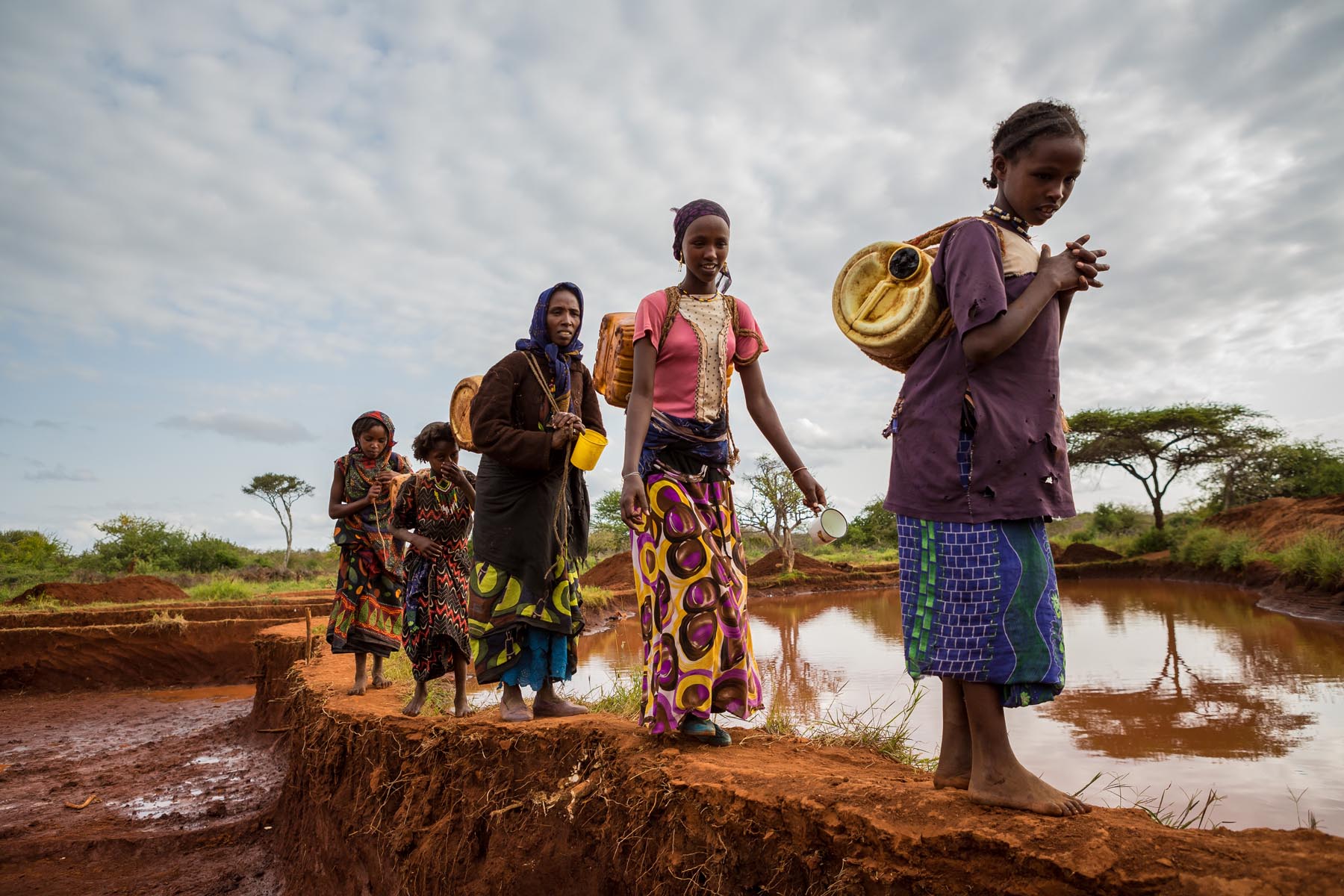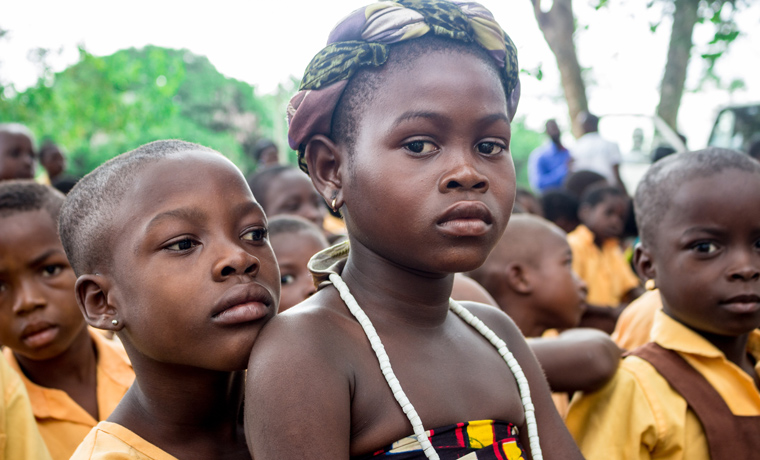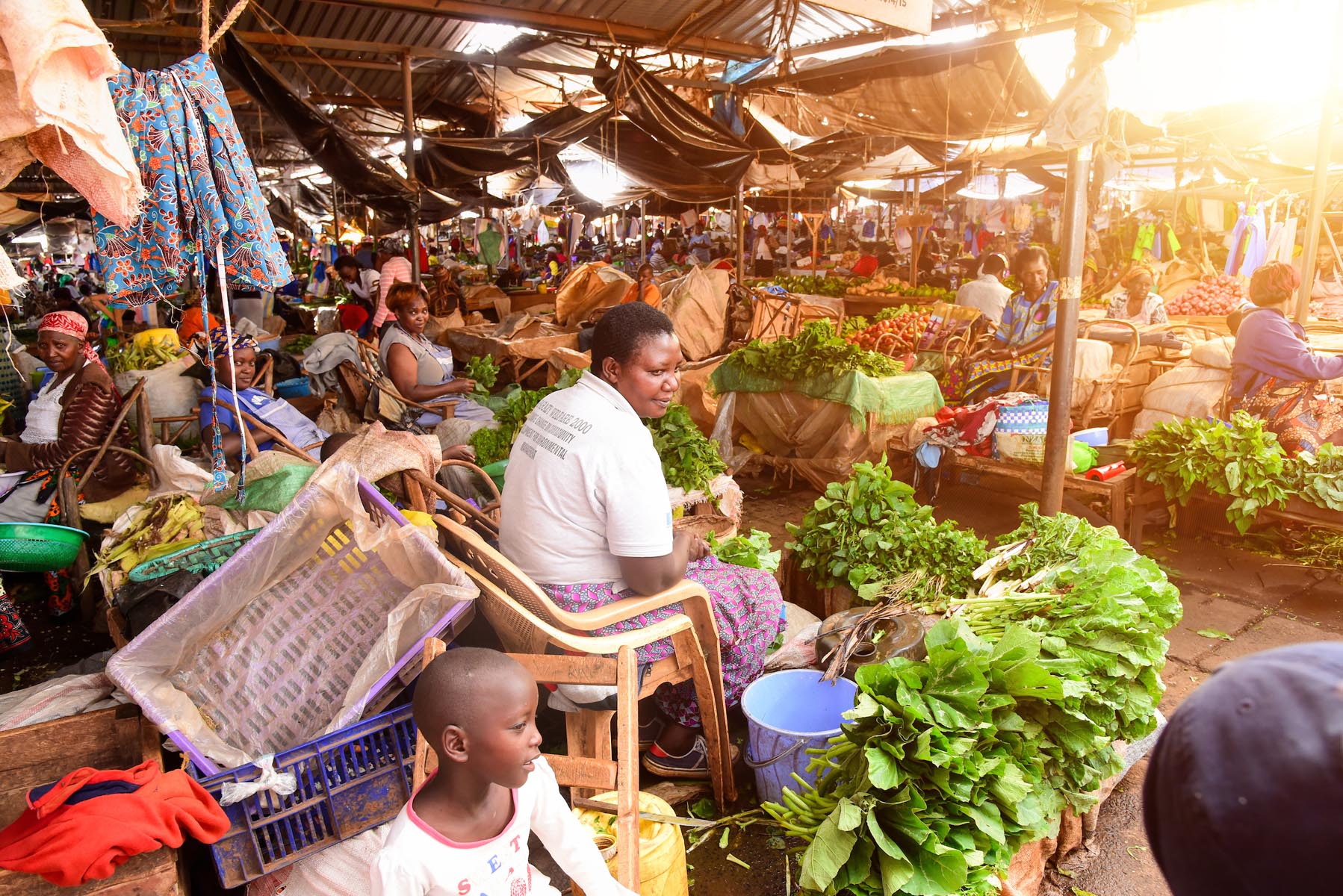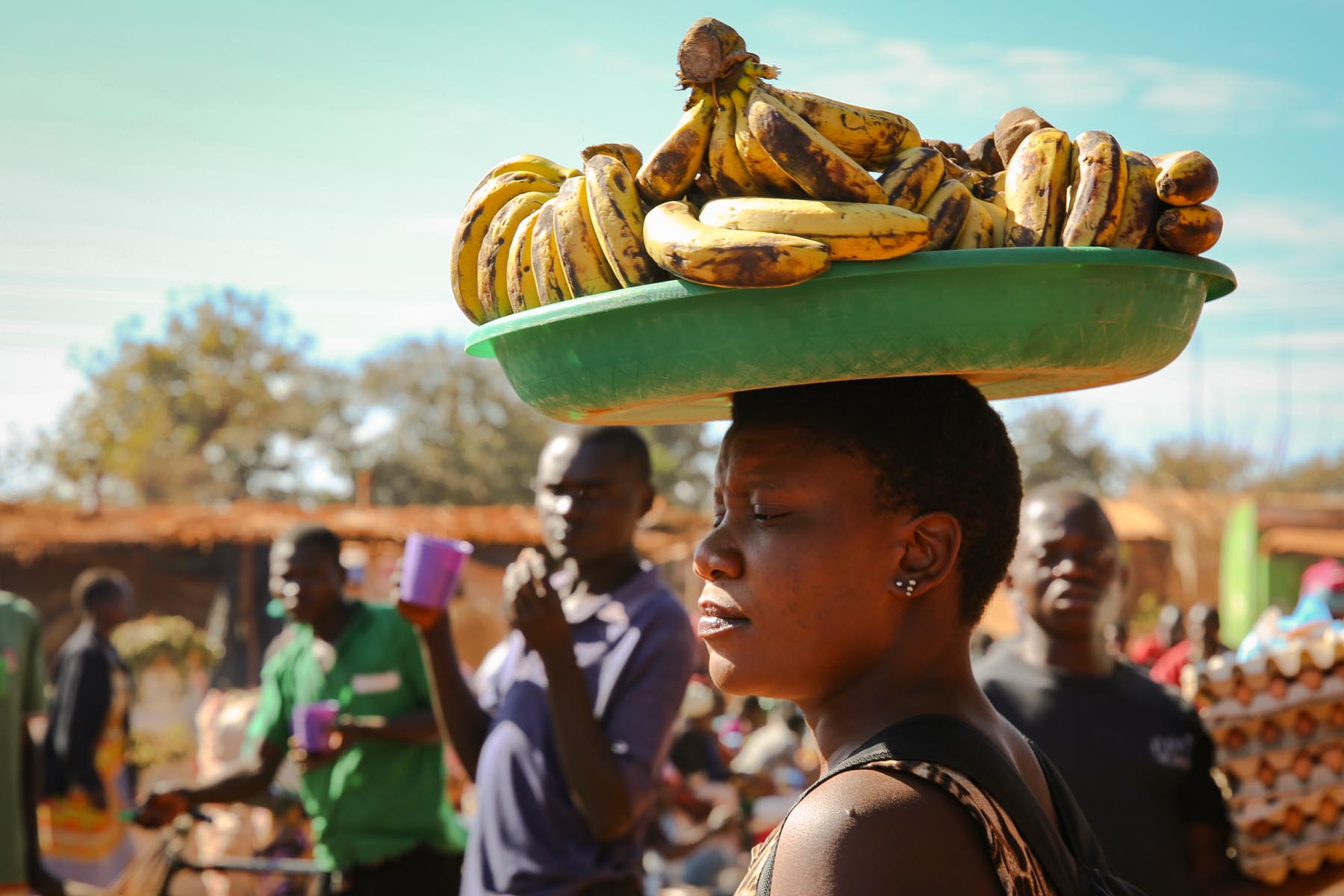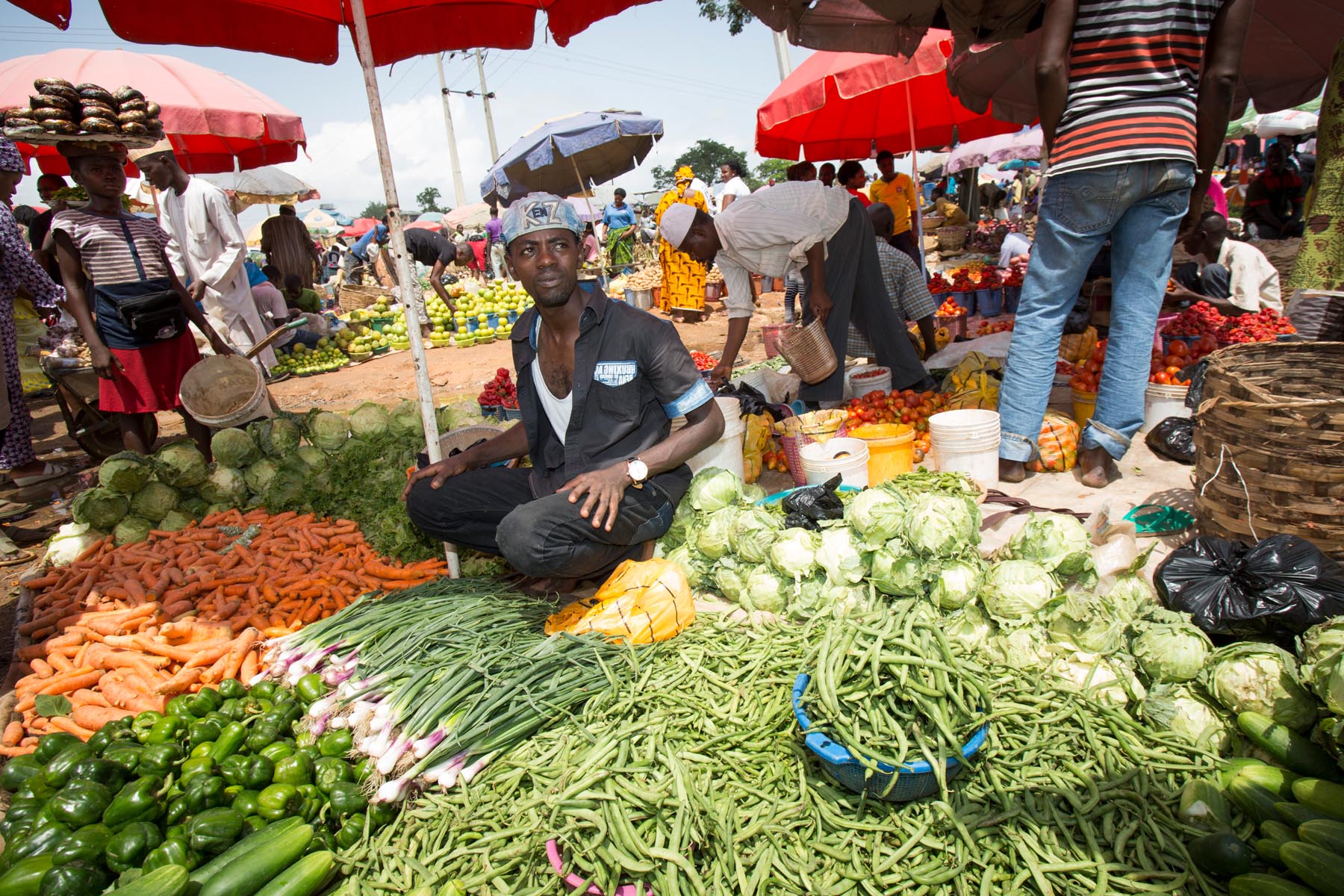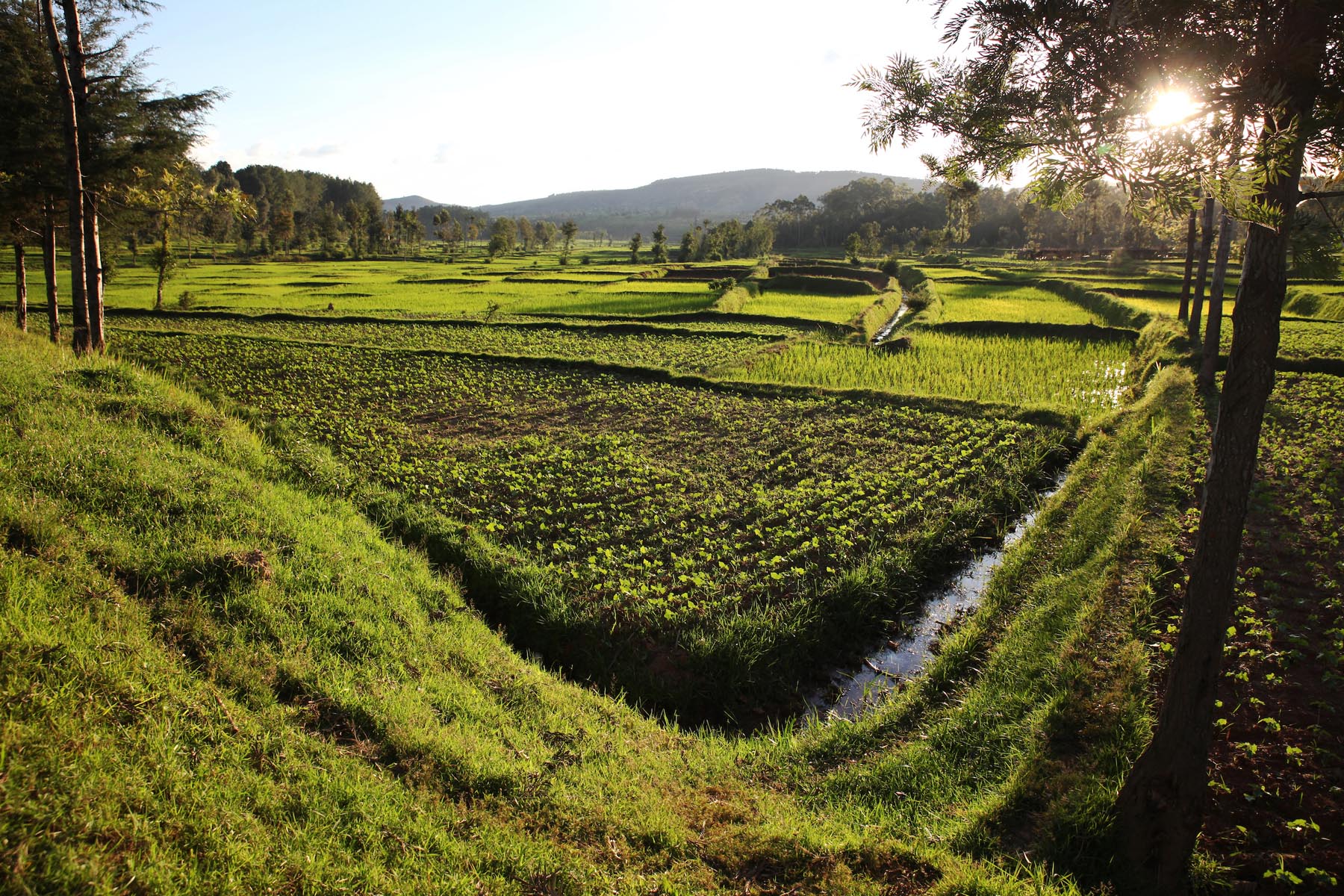
Book
Myanmar’s agrifood system: Historical development, recent shocks, future opportunities
2024Boughton, Duncan; Belton, Ben; Lambrecht, Isabel B.; Masias, Ian; Minten, BartThe Myanmar Strategy Support Program (Myanmar SSP) aims to enhance the national capacity to conduct research and prioritize strategic reforms that improve food security and nutrition in Myanmar. Through a multi-faceted and multidisciplinary research program designed to anticipate and monitor the impacts of multiple crises on household welfare and the agrifood system, Myanmar SSP provides rapid assessments that inform programming and investments for development partners, civil society, and the private sector. Moreover, working collaboratively with national researchers in academic institutions, it aims to fill the knowledge gap on the agrifood system, while developing the technical capacity of the next generation of national leaders to conduct research, strategic analysis and promote evidence-based policy making to support agricultural transformation and other broad development goals in Myanmar.
The Feed the Future Myanmar Agrifood Program for Strategy and Analysis (MAPSA), funded by the United States Agency for International Development (USAID), is Myanmar SSP’s flagship project. The project is led by International Food Policy Research Institute (IFPRI), in partnership with Michigan State University (MSU). MAPSA generates data and analysis of the agri-food system and food security outcomes to guide efforts to support the people of Myanmar and ensure resilience. Activities focus on enhancing resilience in the near term and preserve a foundation for the inclusive growth and transformation of the agri-food system in the medium term.
The Agrifood Value Chain Development in Myanmar: Implications for Livelihoods of the Rural Poor (AFVC) project, funded by the Livelihoods and Food Security Fund (LIFT) aims to promote inclusive agricultural productivity growth, improved nutritional outcomes, and enhanced livelihood resilience for men and women through an improved policy enabling environment. Activities focus on monitoring the impact of multiple crises on household livelihoods and welfare to inform development partners and civil society on the evolution of the agrifood system and its implications. This project is led by Michigan State University (MSU) in partnership with the International Food Policy Research Institute (IFPRI).
To learn more, visit the IFPRI Myanmar website.




